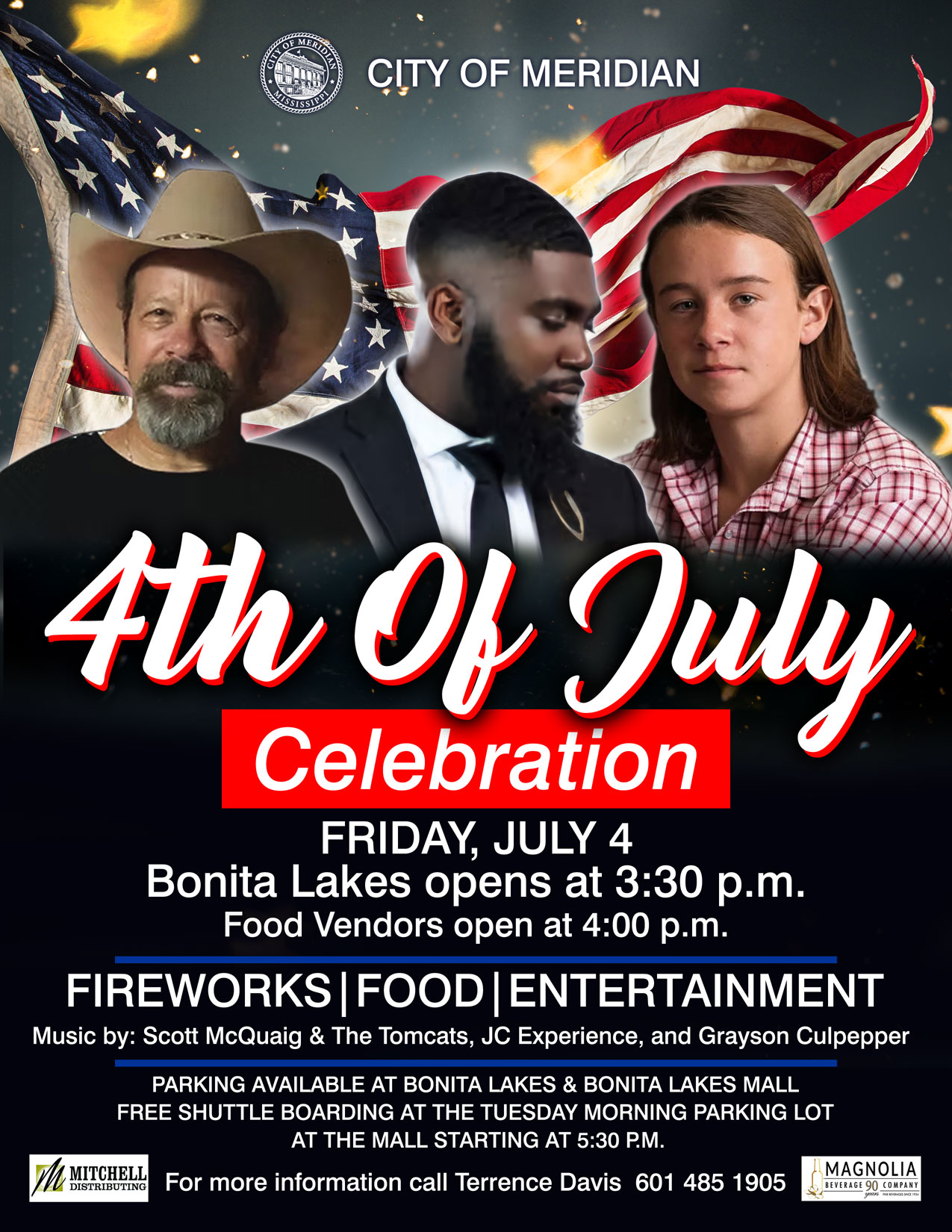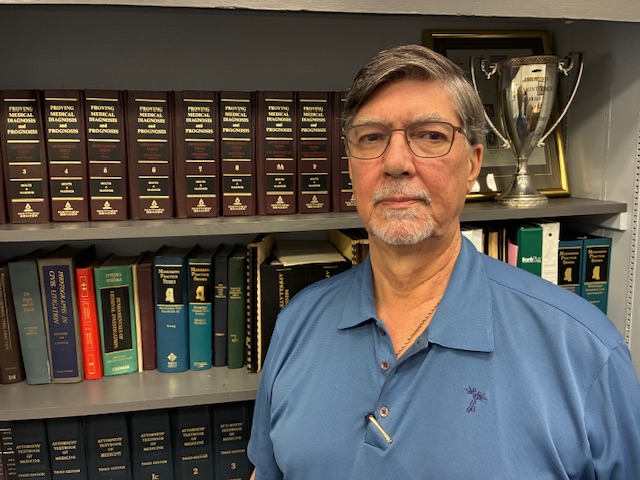BRAD DYE: Restoring our relationship with the land
Published 1:02 pm Wednesday, October 12, 2022

- photos by Brad DyeThe blue sky and mountains of Southern Idaho made for a beautiful drive to the Lodge at Palisades Creek in Irwin, as did the clean roadsides.
Rarely does a week go by these days without someone asking me how life is “on the farm” or “in the country.” Many of these questions come from lifelong friends that grew up with G in Meridian, friends that probably never envisioned her as a country girl.
Other questions come from folks who read my column and have grown accustomed to my ramblings about the farm, folks who have become, dare I say, invested in this place and the critters (and people) that call it home.
Questions about Birdie the beagle make my day, as do statements about how adorable Grover the goat is, and I can (and do) talk for hours with my hunting and fishing friends about what bucks are showing up on my game cameras or how the turkey hatch was this year.
When I initially began writing about the farm, I wondered how readers would respond, and it thrilled me to no end to find so many like-minded individuals that loved their “place” as much as we love ours. For us, the farm is a wonderful and beautiful place, a place that we feel drawn and connected to and a place with which we share a relationship. Seeing that in others gives me great hope for the future.
However, I was reminded this past weekend that many people today lack this sense of connection and relationship with the world that surrounds them. One of the first columns that I penned for the Outdoors page back in 2019 addressed the pervasive problem of litter in Mississippi. In all of my travels across this great land, I have yet to see a state with a litter problem anywhere close to that of our own.
During a fly fishing trip over Memorial Day weekend this summer, I had the pleasure of spending several days in Utah and Idaho. We flew into Salt Lake City, rented a car, and drove four hours north to the Lodge at Palisades Creek in the small town of Irwin, ID. From the time our wheels touched down in Salt Lake City on Thursday until we returned there to fly out five days later, I never saw one piece of litter.
Five days, two states, and zero litter. It was impressive! I spent the day this past Saturday mowing at the farm, part of which included mowing the portion along the county road that borders us. Prior to mowing that section, I always have to pick up trash.
Even before the farm was our home, trash along the road was a problem and it seems to be getting worse. I have picked up everything from beer bottles to soiled diapers over the years; however, the problem isn’t just along Brooksville Road, I travel a large section of our state for work and it is clearly a statewide problem.
How can it be that states like Utah and Idaho have zero issues with litter while here in the Magnolia State it is such a widespread problem and, more importantly, how do we solve this issue? Ultimately, I believe that it boils down to a lack of connection. For many, there is no longer a relationship with, or a sense of being connected to, the land and, as a result, no longer a sense of respect for it.
One of the first things that I began to understand when we moved here was that the farm and the land itself had a lot to teach me about what I could do (and not do) to help make it better, if I would only take the time to listen. I have often quoted Robin Wall Kimmerer’s masterful work “Braiding Sweetgrass” and, yet again, her words come to mind:
“Restoring land without restoring relationship is an empty exercise. It is relationship that will endure and relationship that will sustain restored land. Therefore, reconnecting people and the landscape is as essential as reestablishing proper hydrology or cleaning up contaminants. It is medicine for the earth.”
Far too many have lost touch with the importance of the land for their well-being. For them, food comes from the grocery store, Chick-fil-A, or McDonalds and, as a result, the land becomes unimportant, unnecessary and the discarded containers from their Big Macs end up in the grass outside my front door or, worse yet, in our lake.
I have always loved the outdoors and grew up hunting and fishing; however, living here has taken that love to a much higher plane. It has given me a much deeper appreciation for the lives that I take for our food and a much deeper gratitude and love for the land that sustains those lives and, in turn, my own.
As a result, I feel a greater calling to do more to protect this land and do what is right by it. In the words of Kimmerer, “To love a place is not enough, we must find ways to heal it.”
If we truly love our outdoor spaces, we need to become actively involved in caring for them and mentoring others to do the same. Together, we can make a difference. Until next time, here’s to seeing you out there in our (litter-free) great outdoors.





